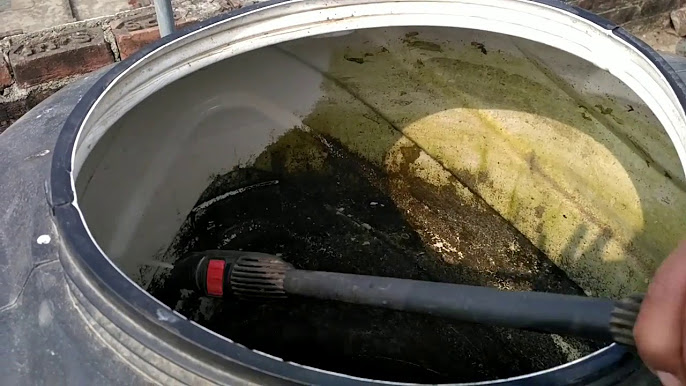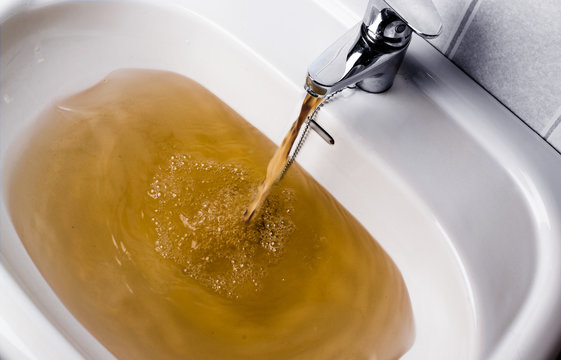
Introduction
Water pollution remains a significant environmental and public health challenge in India, exacerbated by rapid urbanization, industrialization, and inadequate wastewater management systems. In the face of these challenges, water storage tanks play a crucial role in mitigating water pollution and ensuring access to clean and safe water for communities across the country.
1. Preventing Contamination from External Sources
Water storage tanks act as a barrier between contaminated external water sources and the clean water supply intended for domestic or industrial use. In urban areas especially, where industries and households discharge untreated wastewater into nearby water bodies, storage tanks help intercept and store rainwater or municipal water supplies before they are contaminated. This proactive measure significantly reduces the risk of pollutants entering the water supply chain.
2. Improving Water Quality through Proper Storage
Properly designed and maintained water storage tanks can improve water quality by preventing sedimentation, microbial growth, and chemical contamination. Tanks equipped with appropriate filtration and disinfection systems ensure that stored water remains safe for consumption. By storing water in controlled environments, tanks minimize exposure to pollutants such as heavy metals, pathogens, and organic contaminants that often infiltrate open or poorly managed water sources.
3. Mitigating Seasonal Water Scarcity
India faces seasonal variations in water availability, with monsoons providing ample water followed by dry periods that strain water resources. Water storage tanks help bridge this gap by storing excess rainwater during monsoon seasons for use during droughts or dry spells. This practice reduces reliance on groundwater extraction and surface water sources that are often polluted, thereby contributing to sustainable water management practices.

4. Supporting Community Resilience
Community-level water storage tanks, whether in urban neighborhoods or rural villages, enhance resilience against water pollution and scarcity. In rural areas, where access to clean water is a persistent challenge, community-managed tanks can store rainwater or piped water supplies treated at a central location. This decentralized approach not only ensures reliable access to safe water but also empowers communities to manage and safeguard their water resources effectively.
5. Promoting Rainwater Harvesting
Water storage tanks are integral to rainwater harvesting initiatives, which are increasingly promoted across India as a sustainable water management strategy. By capturing rainwater from rooftops or catchment areas and storing it in tanks, communities reduce dependency on groundwater and surface water sources that are vulnerable to contamination. Rainwater harvesting not only conserves water but also minimizes runoff that can carry pollutants into rivers, lakes, and groundwater reservoirs.
6. Encouraging Policy Integration and Awareness
The adoption of water storage tanks is aligned with national and local policies promoting water conservation and pollution control. Government subsidies and incentives for installing rainwater harvesting systems and community tanks encourage widespread adoption and compliance with environmental regulations. Moreover, raising awareness among the public about the importance of using clean water from storage tanks reinforces responsible water use practices and reduces pollution from household activities.
Conclusion
water storage tanks are indispensable in India’s efforts to combat water pollution by safeguarding clean water supplies from contamination, promoting sustainable water use practices, and enhancing community resilience against water scarcity. By investing in robust infrastructure, promoting rainwater harvesting, and fostering community participation, India can achieve significant strides towards ensuring clean and safe water for all its citizens.


